
- Article
- Article
Good animals, bad humans?
Could an animal be more evolved than a human? Victorian psychologists thought that in some cases the answer could be ‘yes’.
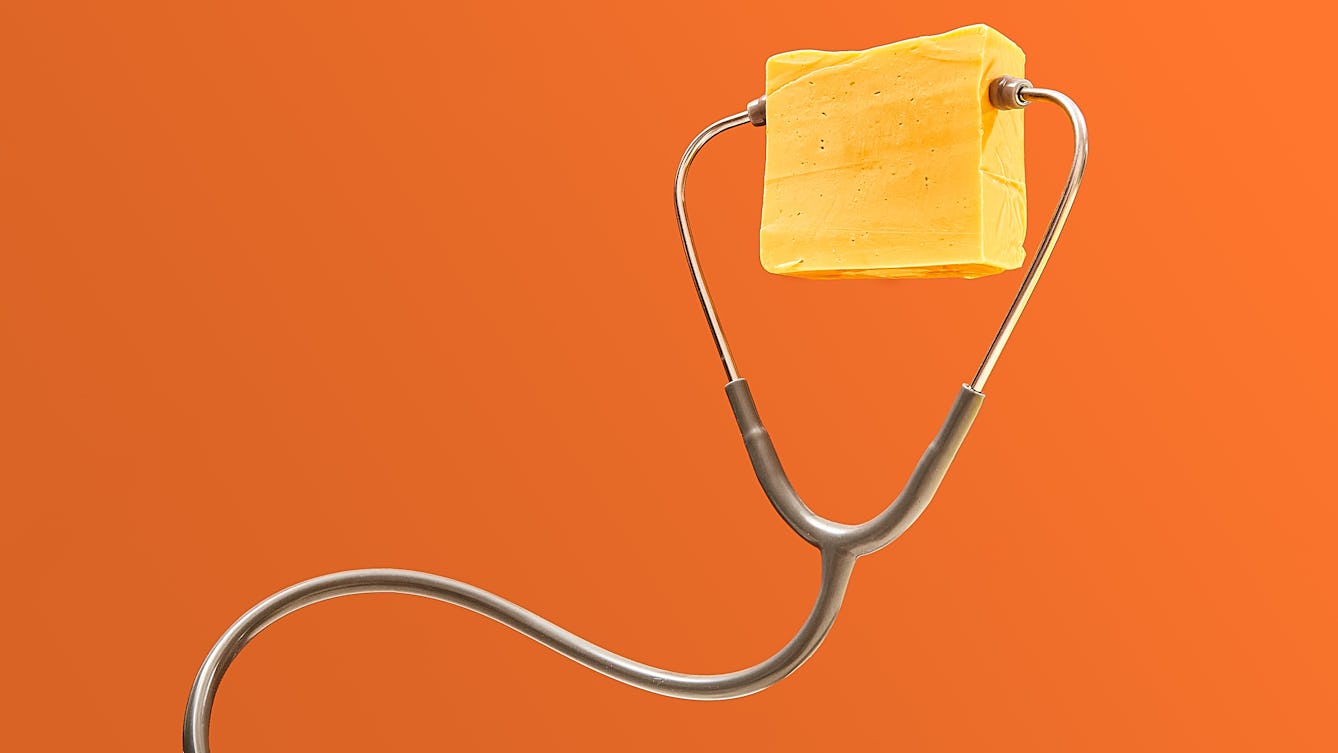
- Article
- Article
The family food of a kebab van man
Melek Erdal celebrates the physical and mental resilience of her father Yusuf, forged by isolation and dislocation, and reinforced by the distinctive cuisine of his home country, Turkey.
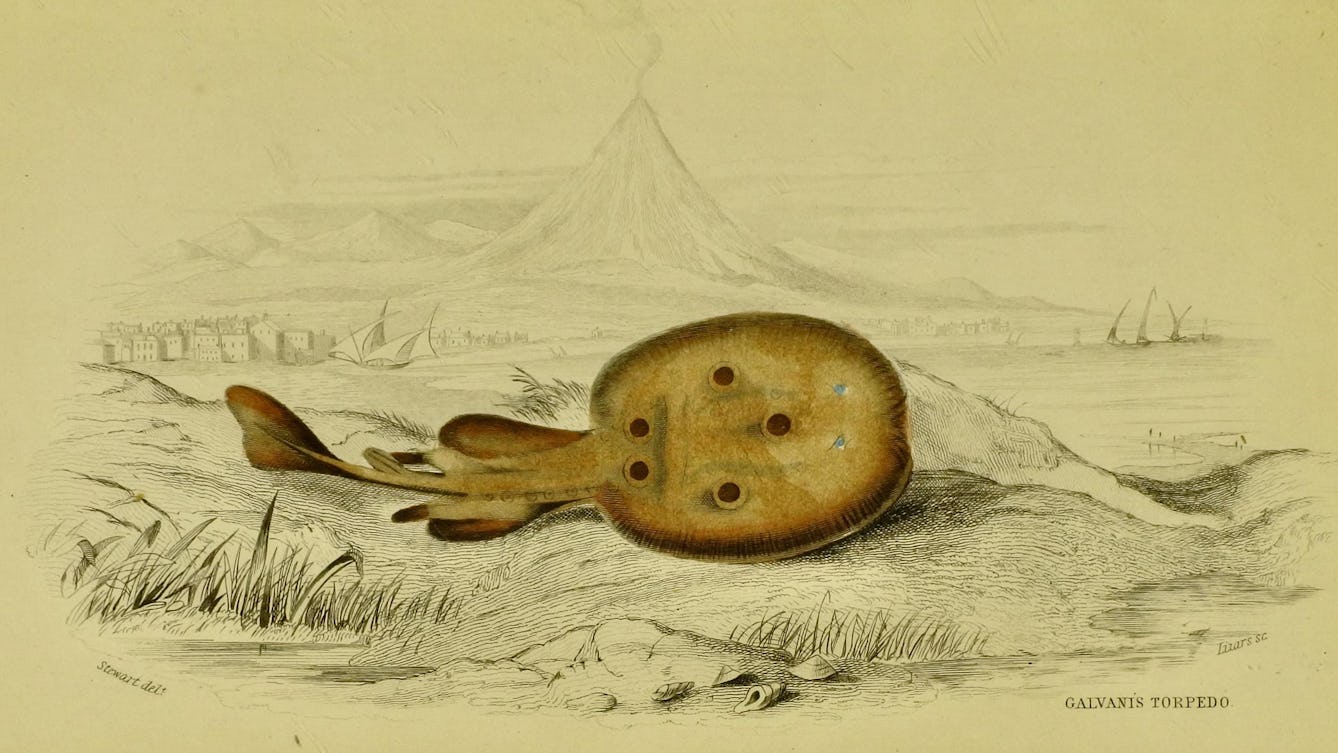
- Article
- Article
Eels and feels
For Georgian Londoners, the allure of electric animals was both intellectual and sensual.
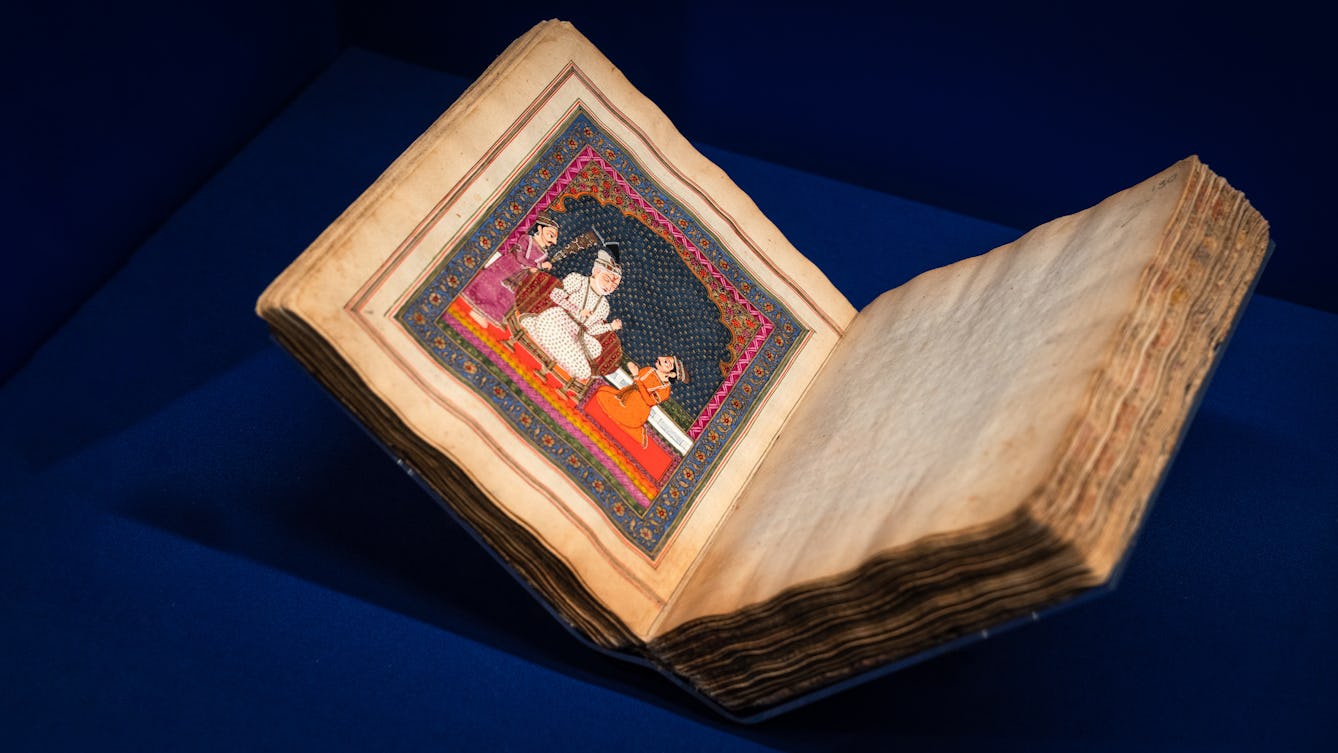
- Article
- Article
The eye of darshan
The Hindu concept of darshan means “divine revelation”, but it’s also about the multilayered ways in which we see the world around us. Adrian Plau explains how one image in a Panjabi manuscript relates to darshan, and why it’s so striking.

- Article
- Article
Coleridge’s hypochondria
An intense focus on his own bodily sensations led poet Samuel Taylor Coleridge to self-medicate with narcotics. But this fascination also put Coleridge ahead of the medical sensibilities of his day.

- Book extract
- Book extract
Ayurveda: Knowledge for long life
The story of medicine in India is rich and complex. Aarathi Prasad investigates how it came to be this way.

- Article
- Article
An animated almanac for the modern world
Discover why Thomas Coleman wanted to make a medieval folding almanac relevant to the modern world and see the film for yourself.

- Article
- Article
Charged bodies
Electrified humans brought education and performance together with a spark in the 18th century.
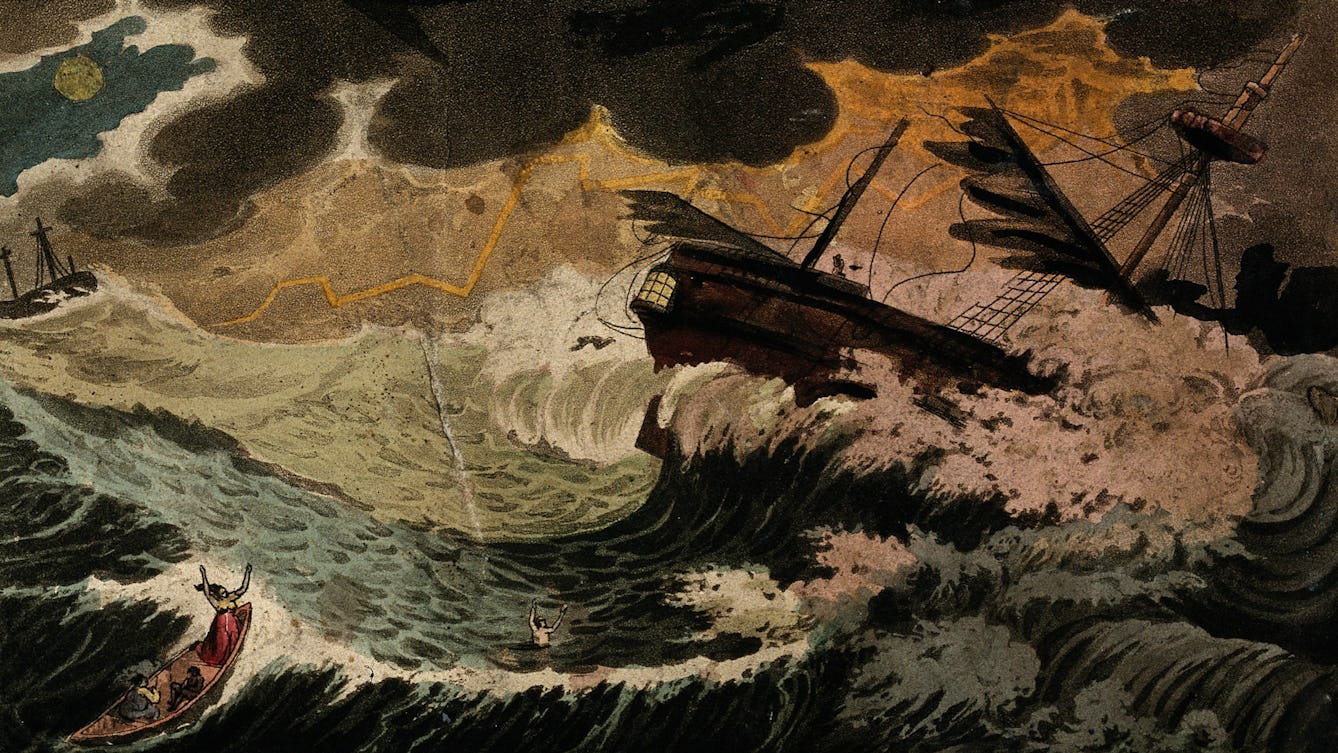
- Article
- Article
Thunderbolts and lightning
Fire in the sky has always exerted a hold on our imagination, even as early scientists unlocked the secrets of atmospheric electricity.

- Article
- Article
The Ladies of Llangollen
As we celebrate LGBT History Month, Sarah Bentley explores the relationship between the two 18th-century women known as the Ladies of Llangollen.

- Article
- Article
The soul in the stomach
A 17th-century physician’s controversial theory about the link between the emotions and the stomach reminds us that we shouldn’t ignore our ‘gut feelings’.
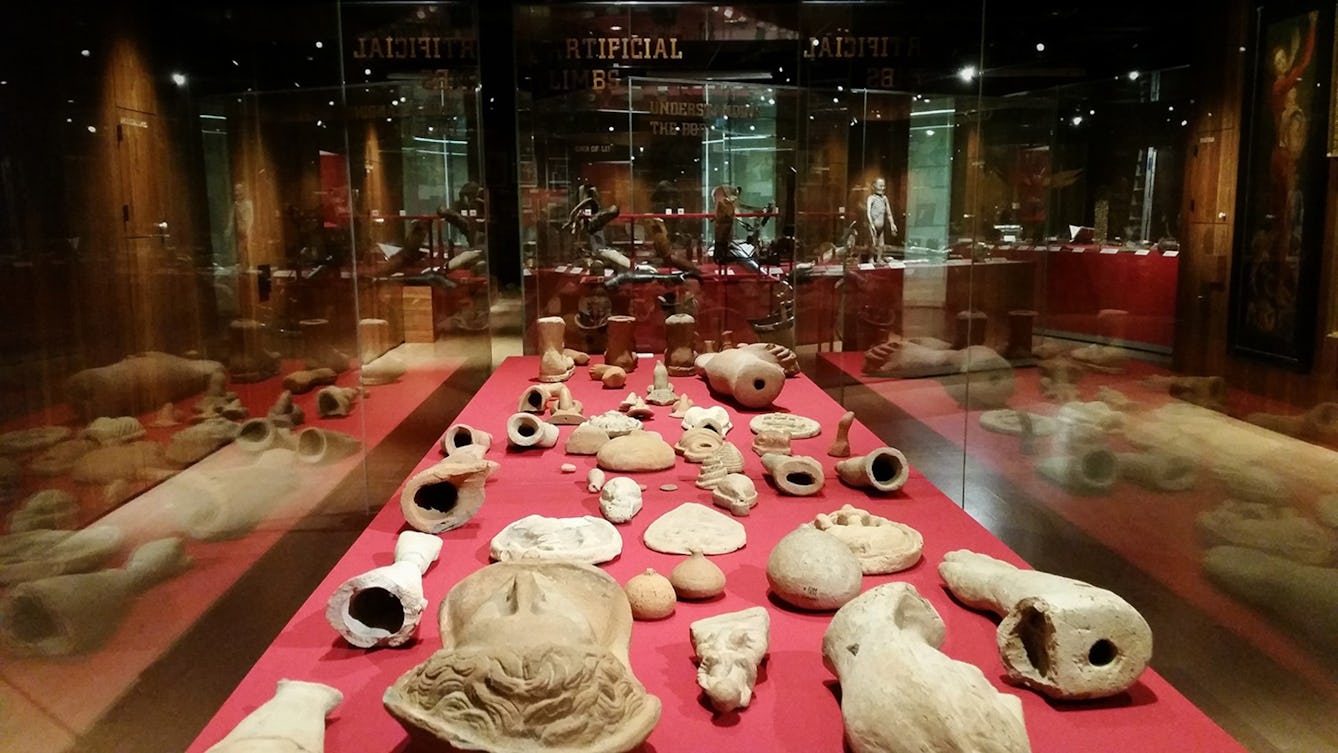
- Article
- Article
Why the world needs collectors
Those who collect play an important role as “facilitators of curiosity”, says Anna Faherty.
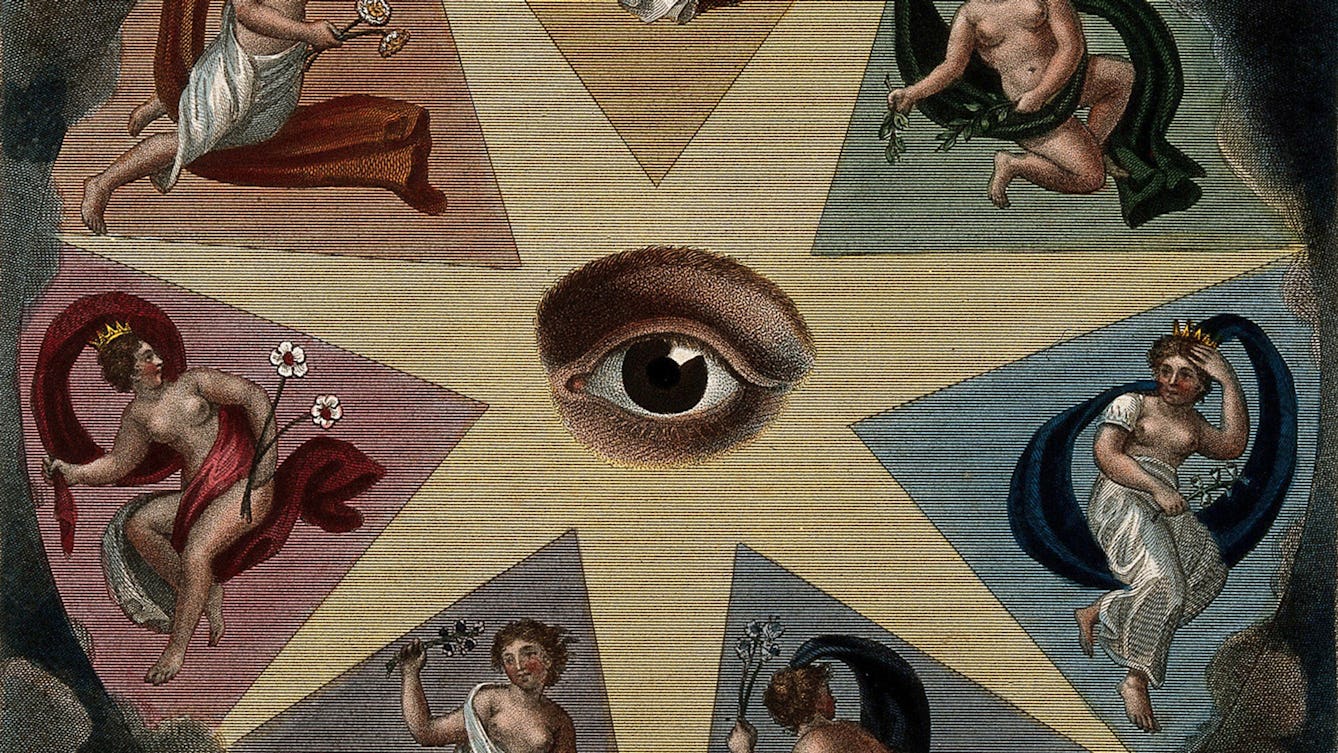
- Article
- Article
Do you see what I see?
Is reality actually what you see, or just an elaborate illusion?
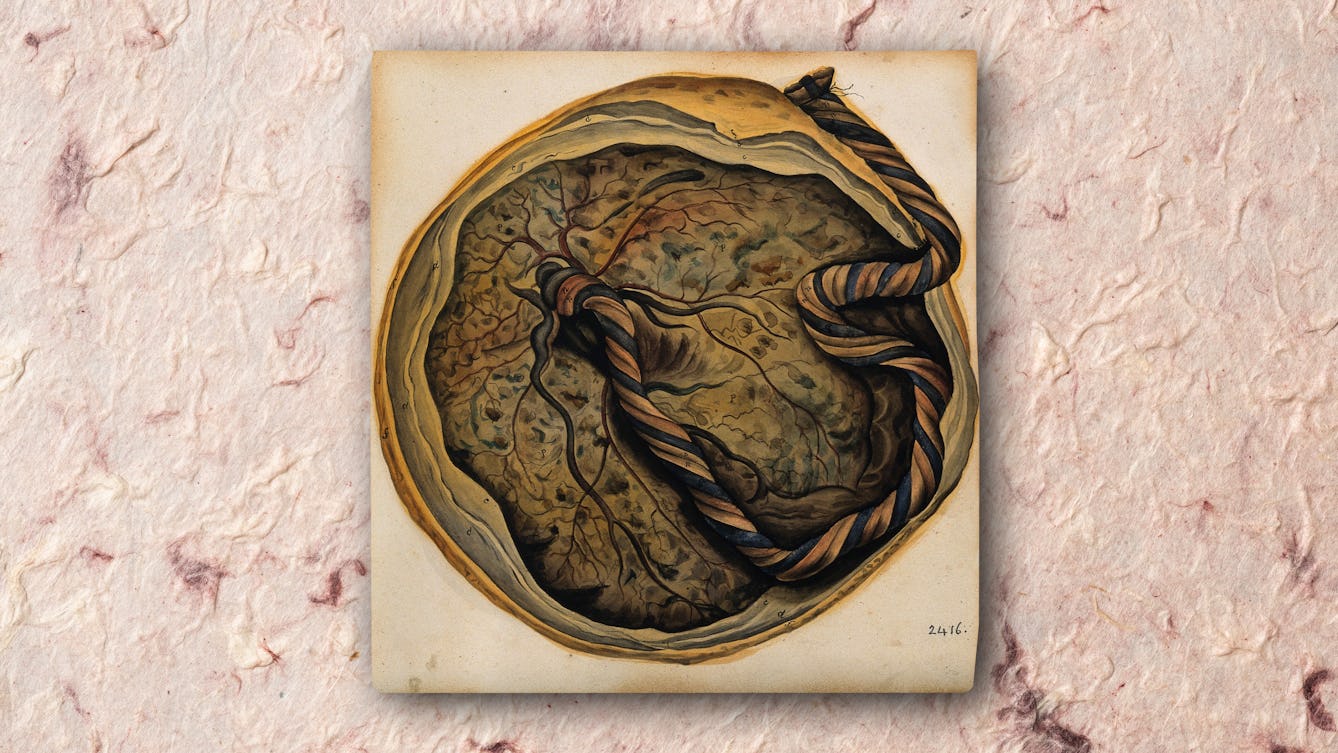
- Article
- Article
Womb milk and the puzzle of the placenta
A human baby needs milk to survive – and this holds true even before it’s born. Joanna Wolfarth explores “womb milk”, as well as ancient and modern ideas about the placenta.
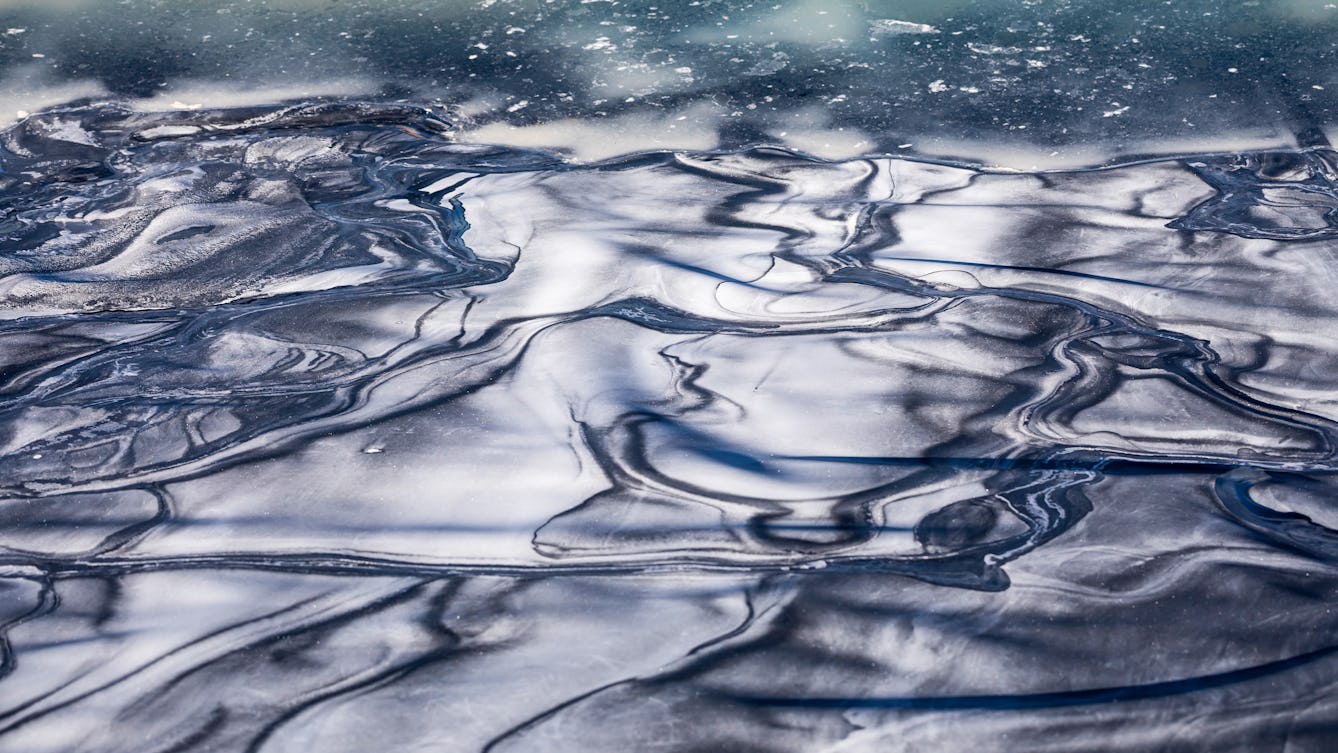
- Article
- Article
Diagnosed bipolar, prescribed lithium
In the first part of a series looking into lithium, Laura Grace Simpkins recounts the beginning of her troubled relationship with this mysterious drug.

- Article
- Article
An insider’s view of Play Well
Curator Shamita Sharmacharja offers behind-the-scenes insights into an exhibition about the serious business of play.
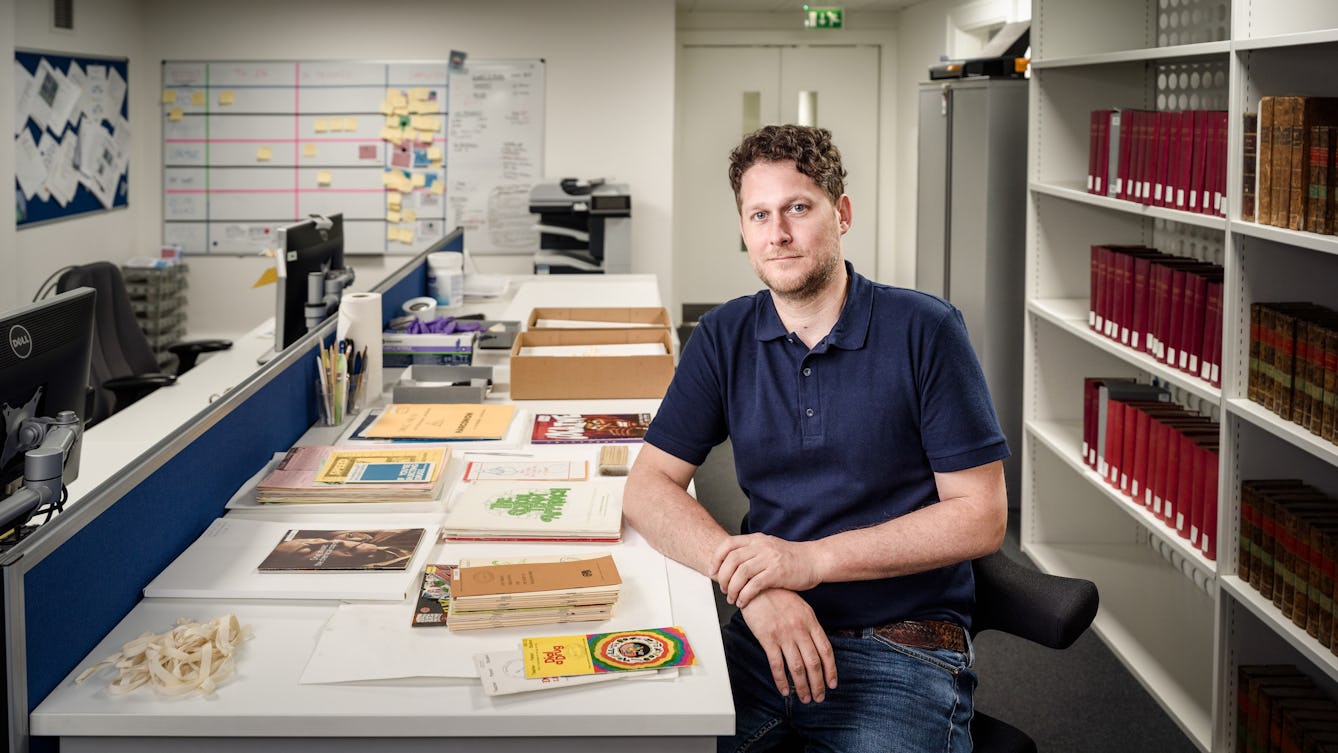
- Interview
- Interview
Sniffing glue and Scientology in the DrugScope archive
Academics on hallucinogenics, kids sniffing glue, and Scientologists recruiting drug users keen to kick the habit. Delve into Wellcome’s recently acquired DrugScope archive.
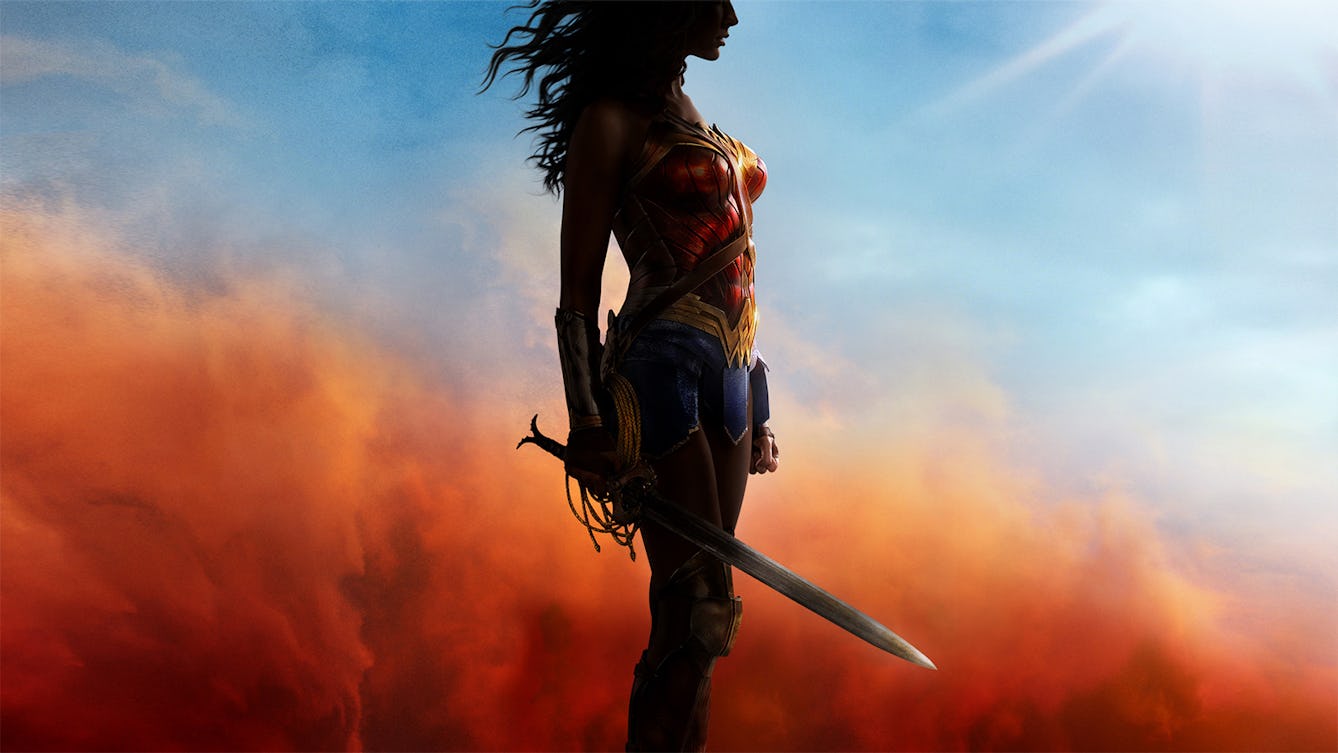
- Article
- Article
Wonder Woman’s wonder women
Discover more about the women who inspired an icon: Wonder Woman’s story of bondage, bracelets and birth control.

- Article
- Article
In search of the ‘nature cure’
Under the competing pressures of modern life, many of us succumb to mental ill health. Samantha Walton explores why so-called ‘nature cures’ don’t help, and how the living world can actually help us.
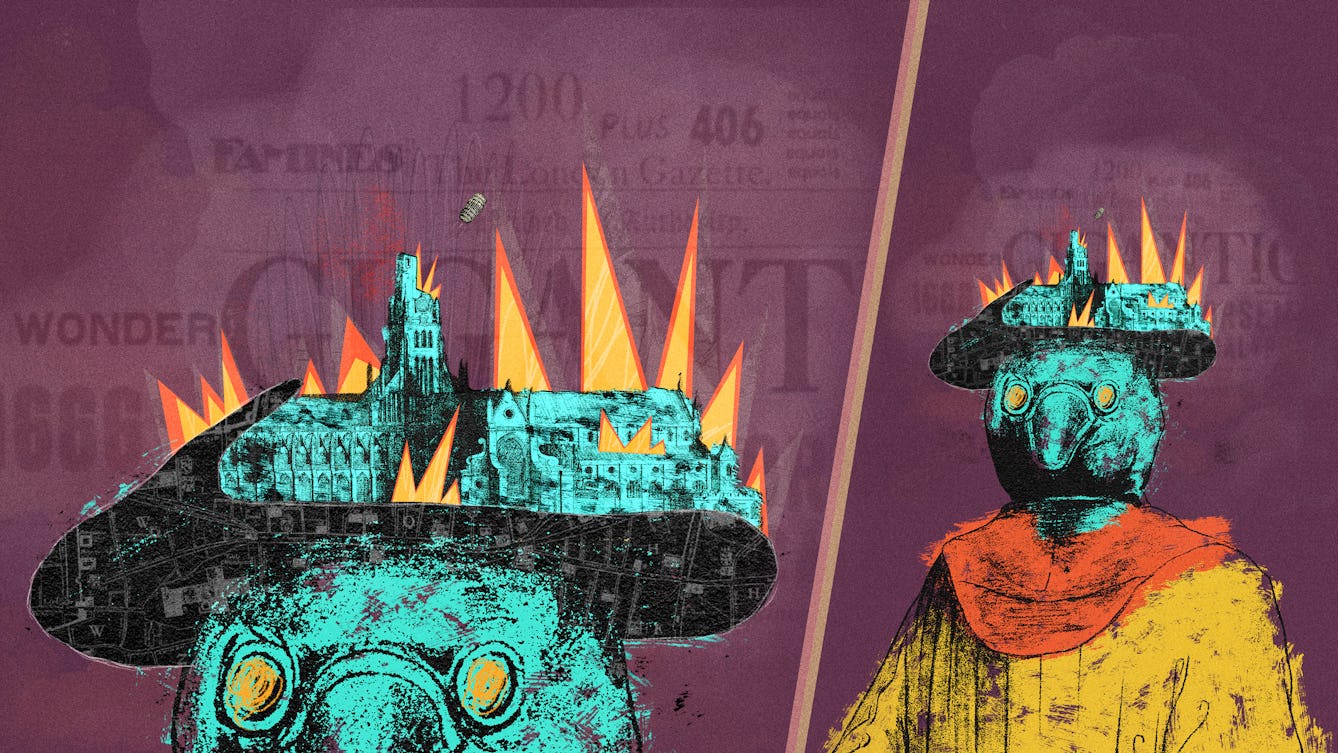
- Article
- Article
Devilry and doom in 1666
Disastrous events and a significant combination of numbers signalled the end – or perhaps a new beginning – in 1666. But for some, this feverish period fuelled unprecedented inventiveness and development.

- Article
- Article
My mother, and metaphors of a pandemic
A pandemic. Two members of one family, living thousands of miles apart. And months of calls and messages that helped them grow closer.

- Article
- Article
The blood notebooks
Novelist Rupert Thomson explores his unusual behaviour during a time of self-imposed isolation.
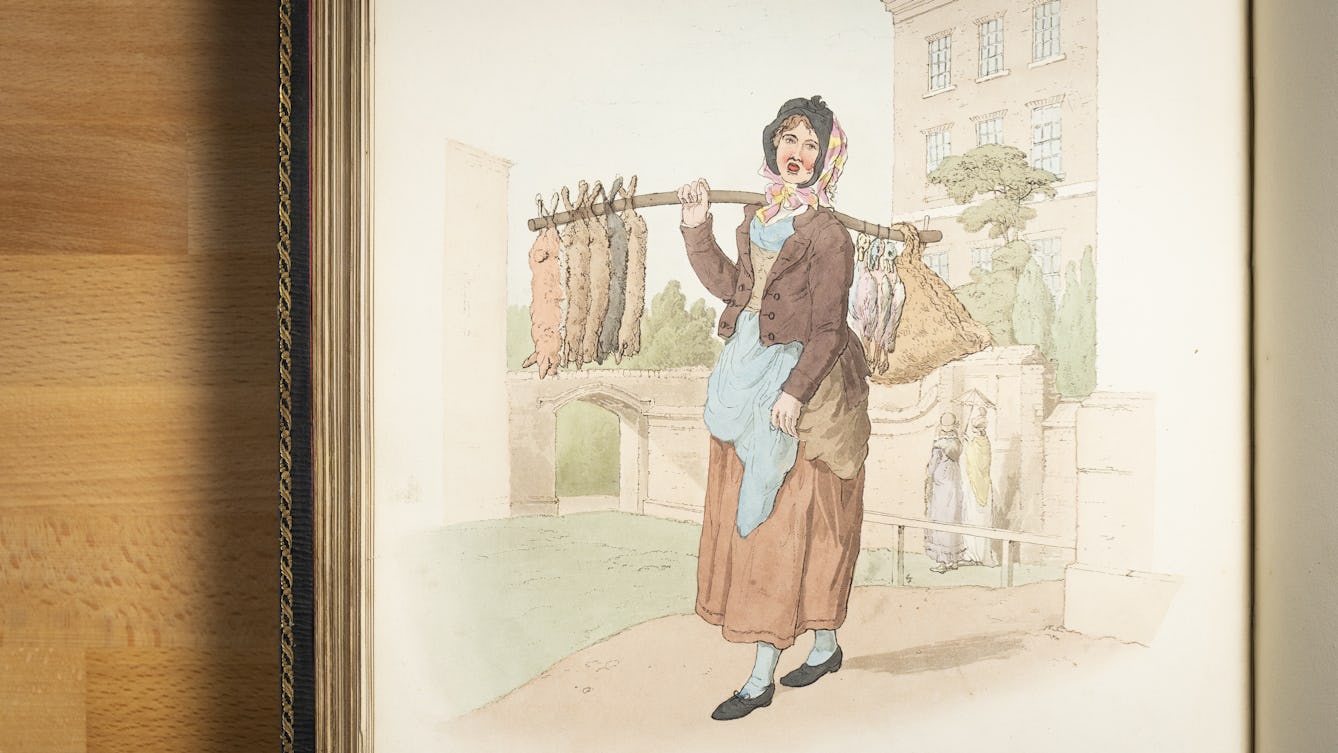
- Article
- Article
The girl with no name
When a now anonymous teenager sold her tooth for transplant, she couldn’t have predicted that she’d end up at the heart of a troubling story about 18th-century beauty ideals.
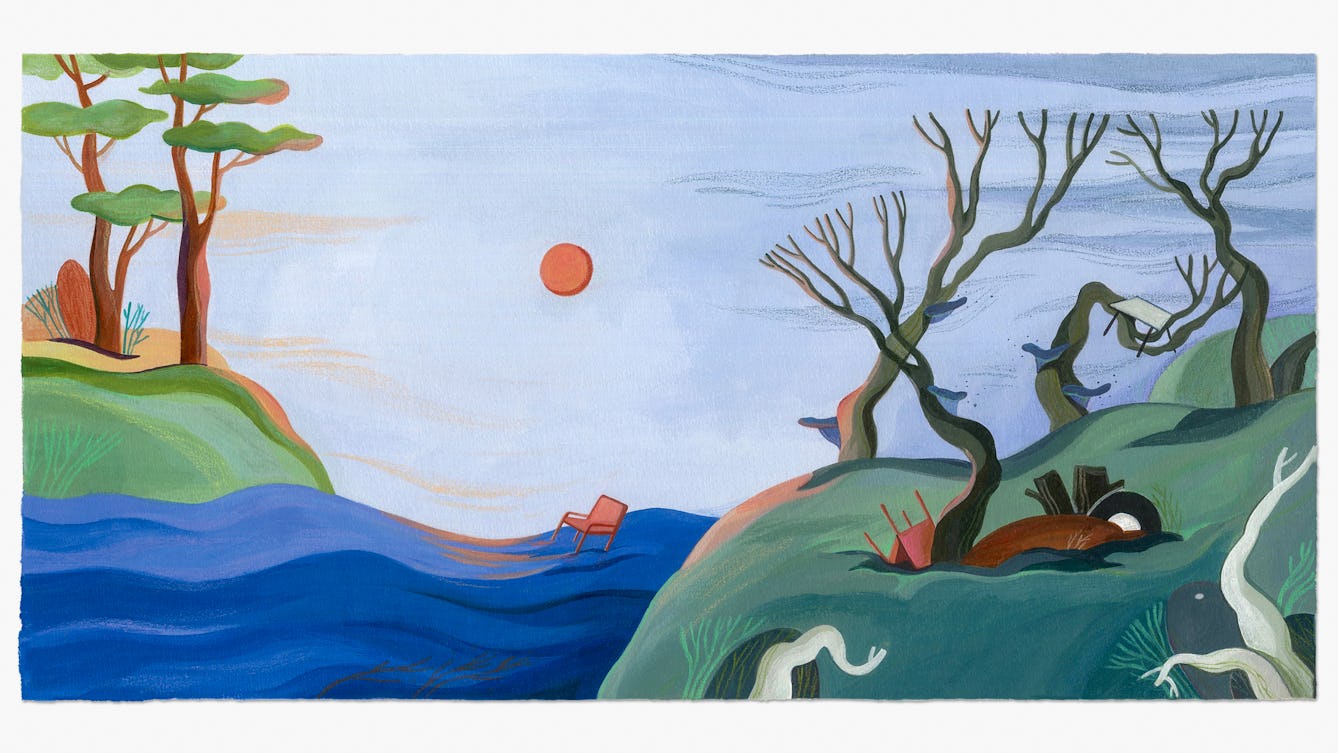
- Article
- Article
Delusional recycling and the problem with plastic
Many of us are guilty of wishful thinking when it comes to our rubbish. Arianne Shahvisi exposes shaky recycling infrastructure and overseas dumping, arguing for an end to waste colonialism.
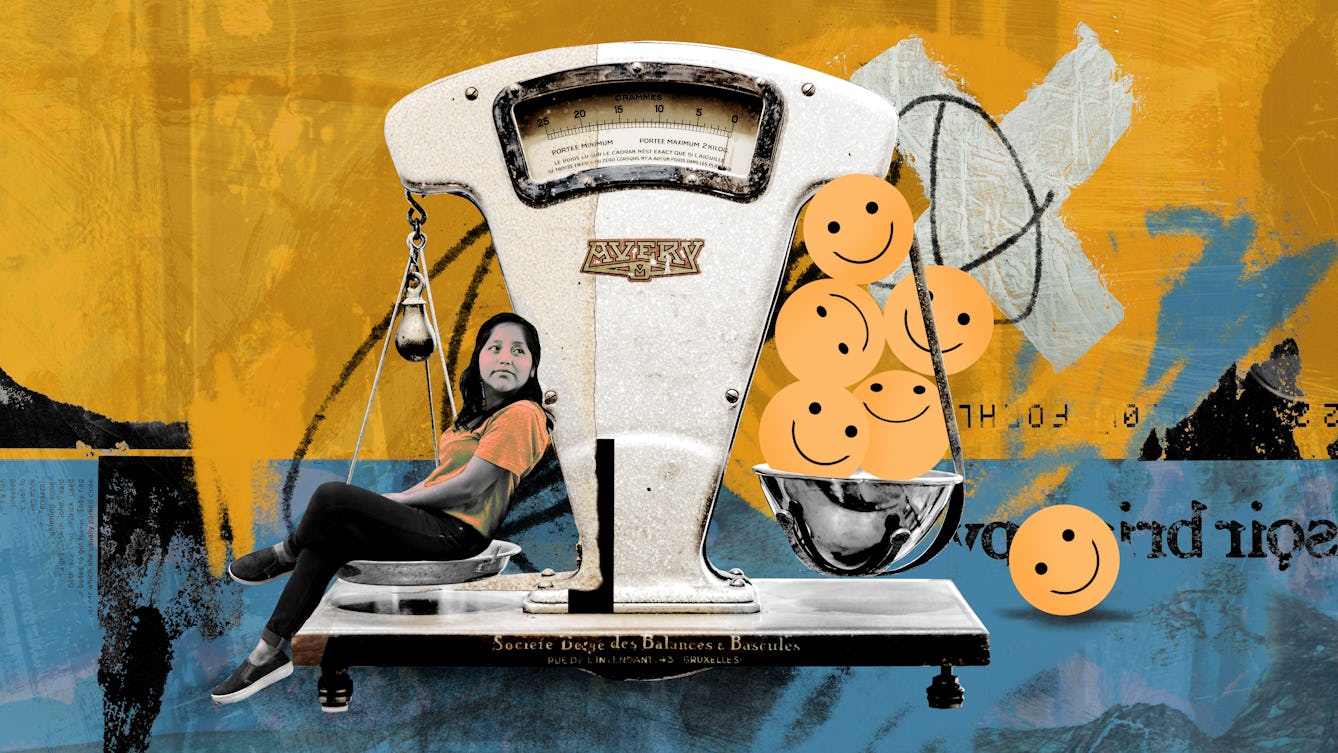
- Book extract
- Book extract
The meaning of happiness
What is happiness? Tiffany Watt Smith charts how its definition has changed over time, from chance emotion to something that can be measured and controlled.